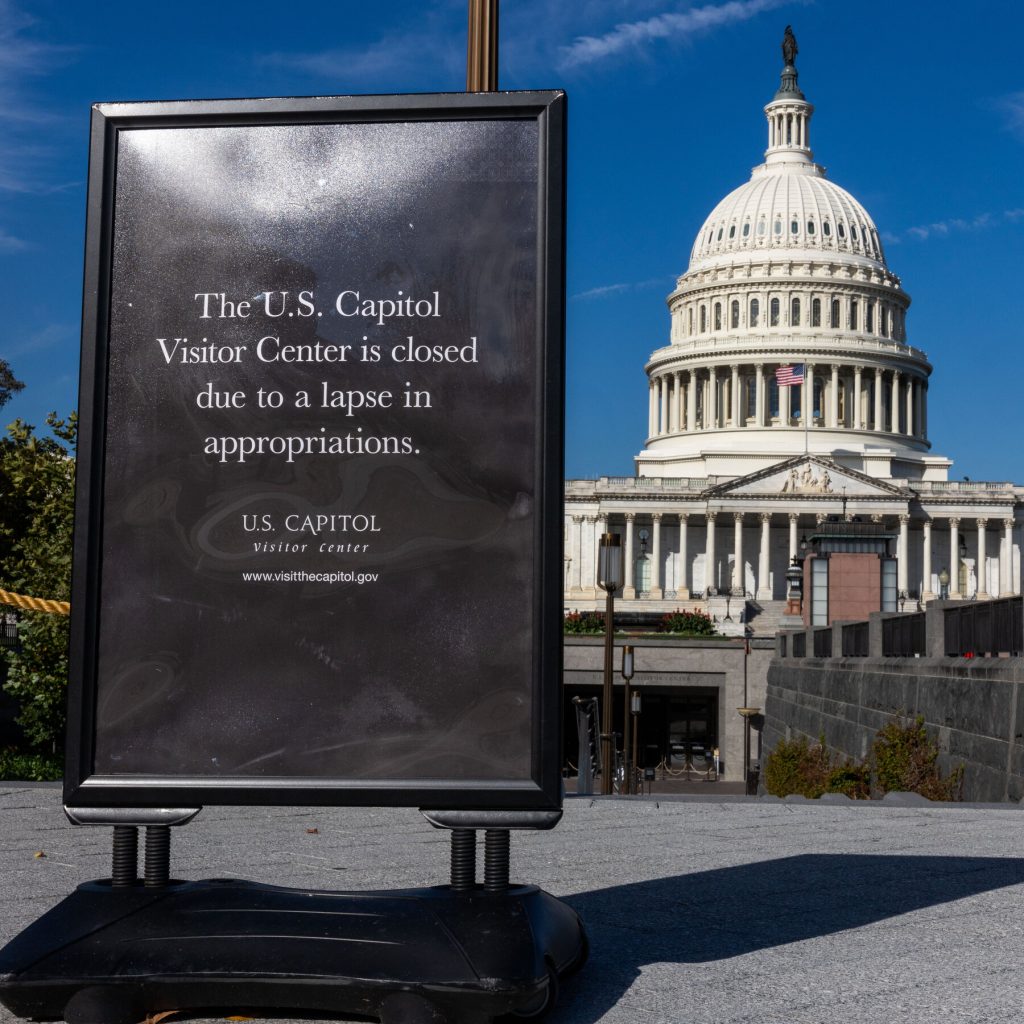Trump Administration Proposes Sweeping Cuts to Housing Grants
What the draft notice entails
A confidential 100‑page notice slated for release by the Department of Housing and Urban Development (HUD) would reshape the way more than $3.5 billion in Continuum of Care (CoC) funds are allocated. Instead of channeling the majority of money into permanent‑housing solutions, the draft would prioritize short‑term programs that impose work requirements, assist law‑enforcement in clearing encampments, and require participants to accept mental‑health or addiction treatment.
Scale of the proposed cuts
If adopted, the plan would slash funding for long‑term housing by roughly two‑thirds beginning in January. Critics warn that up to 170,000 people who are currently living in HUD‑funded units—most of them disabled and many over 50—could be left without a home. The notice does not outline a replacement strategy for these residents.
Official response from HUD
HUD released a brief emailed statement saying, “HUD has not made any announcements regarding this program. Broadly speaking, HUD will continue to serve the American people through means‑tested measures to encourage self‑sufficiency.” The final grant‑making criteria will be posted on grants.gov when the notice is formally published.
Advocacy groups react
Ann Oliva, chief executive of the National Alliance to End Homelessness, warned, “People have been living in those units for five, eight years. No one can fathom HUD suddenly kicking 170,000 vulnerable people out of their homes.” She called the cuts “catastrophic” for both tenants and landlords.
Conservative perspective
Devon Kurtz, an analyst at the Texas‑based Cicero Institute, disputed the alarmist narrative. He argued that existing programs could retain funding by adapting to the new rules—adding work requirements or treatment mandates—as needed. “Nobody in this administration wants 170,000 people turned out on the street—I can guarantee you. But we have to raise the bar on service providers.” Kurtz said.
Impact on the “Housing First” model
The draft would limit long‑term housing to only 30 percent of the CoC budget, down from roughly 90 percent this year. This shift would undercut the “Housing First” approach, which provides subsidized apartments without preconditions and has enjoyed bipartisan support since 2009. Proponents of Housing First argue that stable housing is the foundation for addressing addiction, mental‑health, and employment challenges.
Local providers voice concern
Vivian Wan, CEO of Abode Services in Fremont, California, which operates permanent housing for about 1,500 formerly homeless individuals, said the cuts would force providers to pivot to short‑term models that can serve clients for no more than two years under federal law. “It’s essentially saying people should be self‑sufficient in two years, even when rent is soaring.” she noted.
Political context
The proposed changes echo President Trump’s long‑standing rhetoric on homelessness. In a 2023 campaign video he described unsheltered individuals as “dangerously deranged” and promised to move them into “treatment camps.” An executive order issued in July called for stricter camping bans and criticized programs that prioritize housing over sobriety or involuntary treatment.
New eligibility criteria
The notice would give preference to programs that:
- Require substance‑abuse or mental‑health treatment;
- Impose work or “self‑sufficiency” rules;
- Assist local authorities in enforcing camping bans.
Funding would also be steered toward jurisdictions that adopt and enforce such bans.
Potential shift in federal‑local power dynamics
Historically, each local Continuum of Care received about 90 percent of its previous year’s allocation (Tier 1 funding) to ensure stability. The draft would reduce Tier 1 to 30 percent, moving the remaining money into a nationally competitive pool that HUD could allocate more directly—potentially favoring states aligned with the administration.
Controversial language on diversity and gender
The proposed rules grant HUD the authority to reject applicants that “previously or currently” support policies perceived as “racial preferences” or that “violate the sex binary.” While the definitions are vague, critics like Ann Oliva warn that such language could be used to disqualify organizations that have pursued racial diversification or serve transgender clients.
Conclusion
If the notice becomes final, the United States could witness the most dramatic federal shift in homelessness policy in a generation. Supporters argue the changes will focus resources on “root causes” such as addiction and mental illness, while opponents contend the plan risks plunging hundreds of thousands of vulnerable people back onto the streets without a clear path to stable housing.






Bu haber gerçekten ü令人iktir. 170.000 kişinin evsiz kalması nasıl bir şey? Trump yönetimi acaba ne düşünüyor?